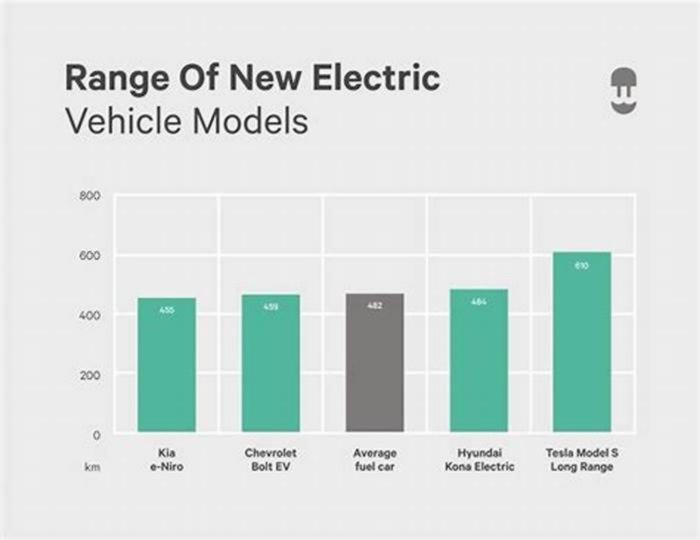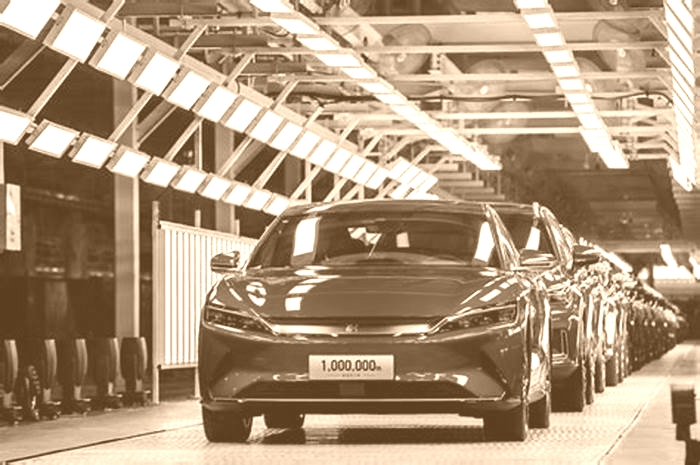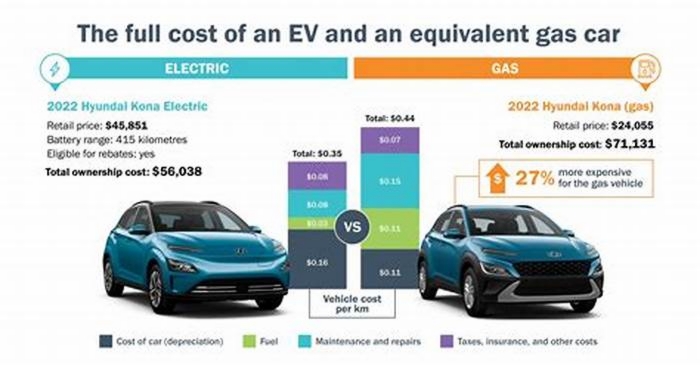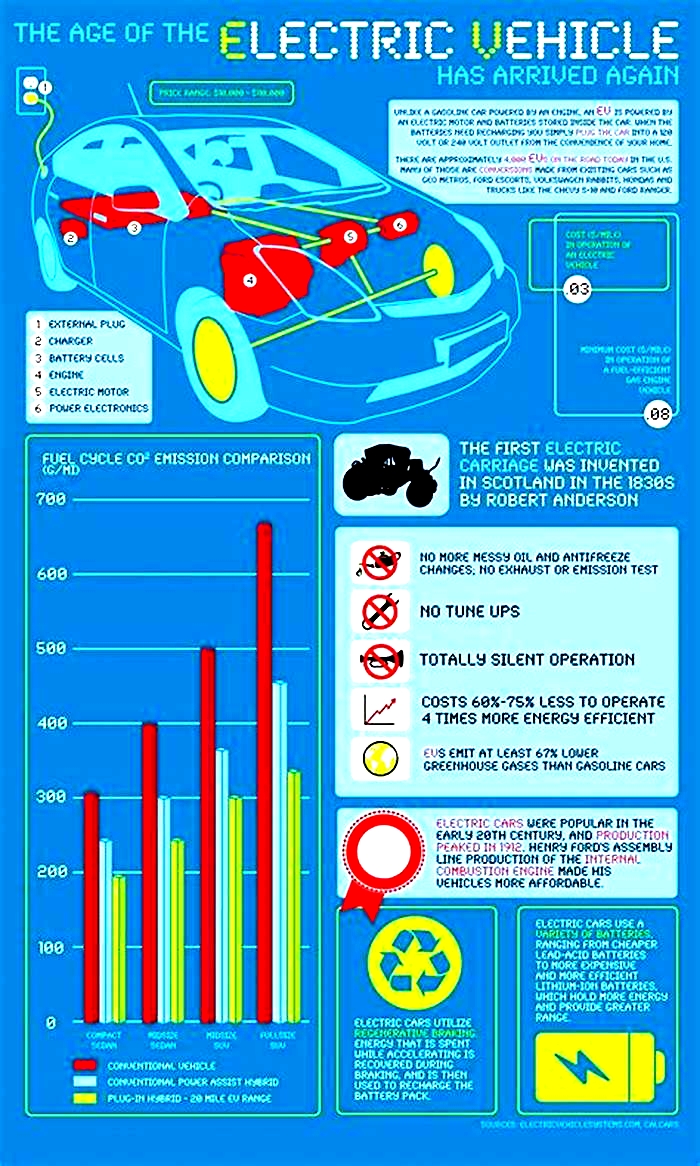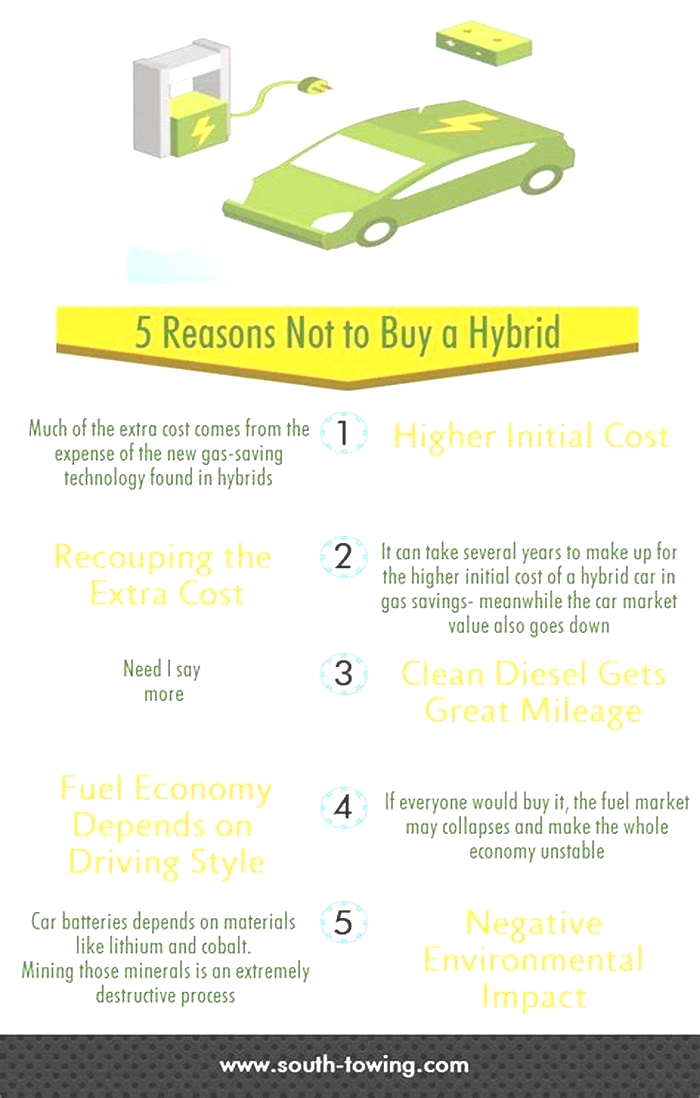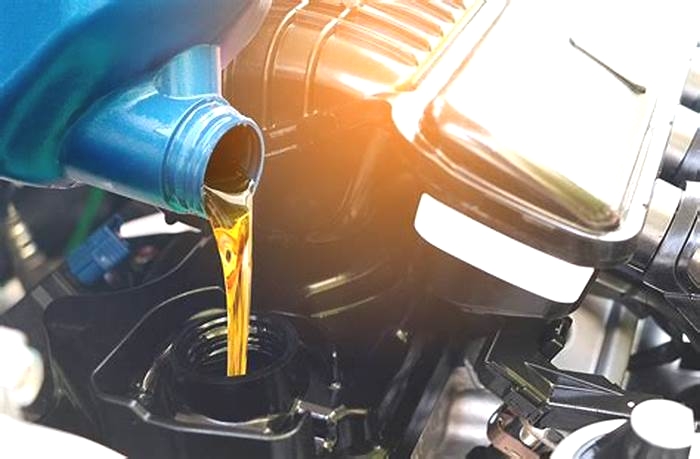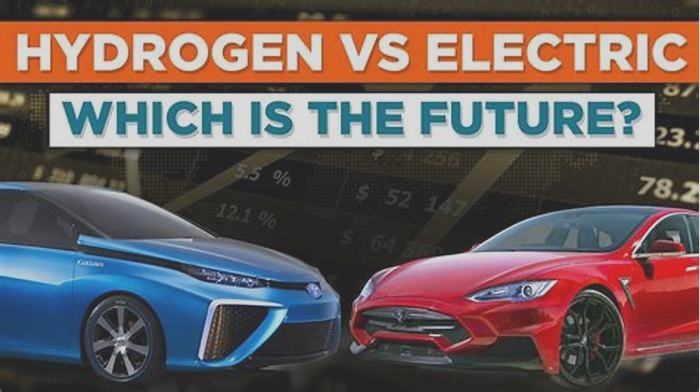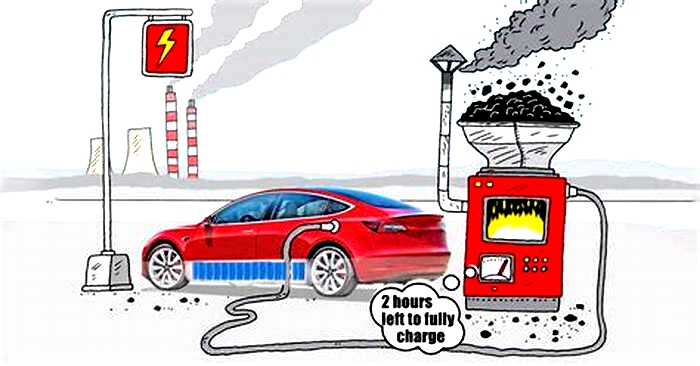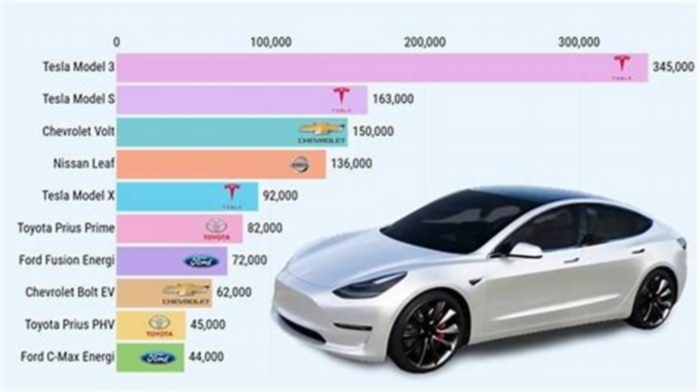Is BMW saying goodbye to electric cars
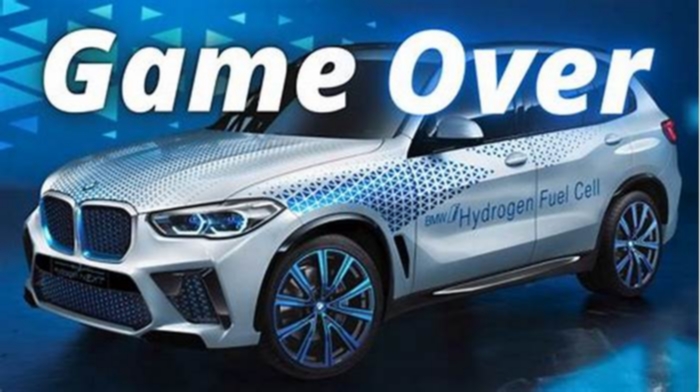
BMW says Goodbye to Electric Cars; it has now Solved the Problem of Hydrogen Engines
It seems like hydrogen engines could be the next big thing in the world of cars. While electric vehicles (EVs) have been in the spotlight for zero-emission efforts, hydrogen-powered cars have been in the shadows.
Electric vehicle companies aim to dominate the market by 2030, but hydrogen engines are grabbing a share now. Hydrogen cars are similar to EVs but come with a cool feature called a hydrogen fuel cell, which releases only water vapour. This gives them a decisive edge in the competition for the most eco-friendly ride.
So far, the United States has seen about 2.5 million EVs hit the roads, but as of mid-2022, only around 15,000 hydrogen cars were cruising around, and theyre all in California.
BMW Plans to Roll Out Hydrogen-Powered Cars by 2025
In the coming era of transportation, the focus will be on fast performance, quick refuelling, and eco-friendly options. Hydrogen engines are emerging as a potential game-changer in the automotive industry, aligning with these priorities.
Only a handful of manufacturers are actively developing this technology to lead the way in hydrogen-powered vehicles, and BMW is among them.
According to BMW CEO Oliver Zipse, hydrogen engines are set to play a significant role in various parts of the world in the long term.
A hydrogen fuel-cell vehicle (HFCV) operates with a motor similar to a battery-electric vehicle but uses a stack of fuel cells instead of a heavy battery. These fuel cells combine hydrogen (H2) with oxygen (O2) from the air to produce water vapour and generate electricity. In simpler terms, fuel-cell vehicles are a type of hybrid called fuel-cell hybrid electric vehicles (FCHEV).
Even though hydrogen is the most abundant element in the universe, its typically not found in its pure form and is often combined with other elements. Creating pure hydrogen for vehicles involves an energy-intensive process to break down compounds, usually derived from fossil fuels like natural gas.
While hydrogen fuel-cell vehicles share similarities with electric vehicles (EVs), they have unique qualities that set them apart. Like their counterparts, hydrogen engines can be refuelled quickly and maintain a consistent driving range regardless of temperature changes.
BMW iX5 Hydrogen
BMW is set to introduce the BMW iX5 Hydrogen, one of three hydrogen-powered vehicles hitting BMW dealerships in 2024.
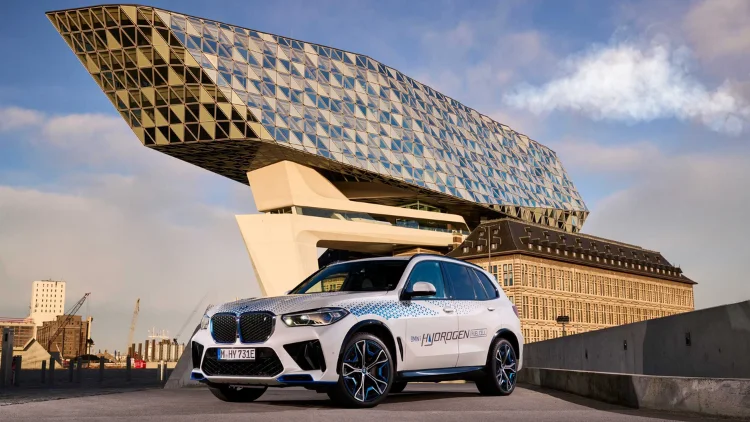
This eco-friendly SUV concept is designed to lead electric mobility, focusing on impressive performance. Meeting the ambitious targets for zero carbon emissions in the coming decades requires a variety of renewable energy sources to meet the growing demand for electrification by businesses, cities, and countries.
Hydrogen is expected to play a crucial role in shaping this future.
Here are some advantages of the BMW iX4 hydrogen:
| Feature | BMW iX5 Hydrogen |
|---|---|
| Horsepower | 400+ |
| Refueling Count | Minimal |
| Fuel Technology | Fifth-generation fuel cell technology |
| Propulsion | Electric motor (BMW eDrive) |
| Performance | Top speed: 115 mph, 0 to 60 mph in 6 seconds |
| Battery | 400-volt battery above hydrogen engines |
| Range | Approximately 313 miles |
| Comparison with EVs | Comparable to top EVs like Tesla Model Y |
Even though the number of electric cars has rapidly risen in the past three years, the International Energy Agency predicts that only 14% of vehicles will be electric by 2022. Furthermore, this figure is anticipated to increase by another 4% by the end of 2023.
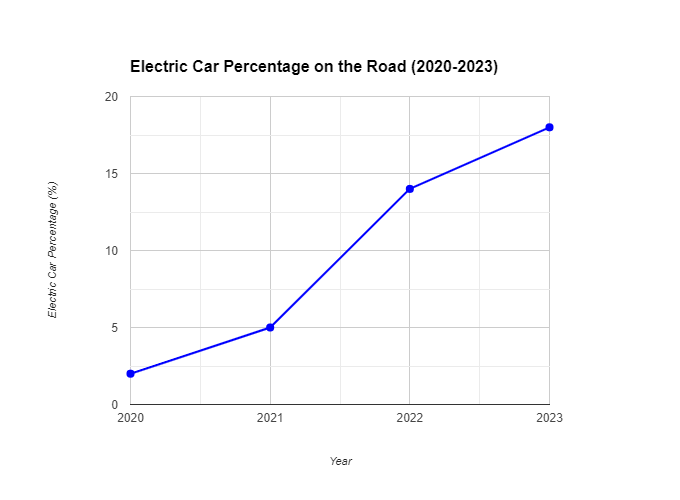
Theres a big chance for hydrogen cars to grab a share of the car market, which is currently dominated by high-emission vehicles.
Manufacturers of hydrogen engines should remember that there wont be one solution that fits everyones mobility needs worldwide. So, in the future, we might see various alternative driving systems coexisting.
BMW is ready to say goodbye to electric cars: They are preparing to launch their new hydrogen car
BMW is introducing a trial fleet of the BMW iX5 hydrogen car throughout the world, including South Africa. The company views hydrogen cars as an addition to battery-electric vehicles (BEVs), not as a rivalry between the two technologies.
The iX5 Hydrogen pilot fleet is not meant for commercial use, but the German automaker has begun testing hydrogen-powered cars in South Africa. The hydrogen car trial was revealed during the regional meeting of the Hydrogen Council in Sandton, Johannesburg.
BMW has revealed that it will begin testing in collaboration with Anglo-American Platinum and Sasol. The Sasol BMW Fuel Cell Electric Vehicle, or Sasol BMW FCEV, is the name of the joint venture project. BMW and Sasol, a multinational integrated chemical and energy corporation, are working together to develop hydrogen fuel cell technology for electric vehicles.
According to Dr. Juergen Guldner, BMW Group General Program Manager, the company doesnt see the hydrogen car as a rival to BEVs. Customers who travel frequently or do not have access to electric charging at home or work might find hydrogen cars to be the best option because they offer the benefits of electric driving together with the ability to recharge rapidly.
BMW starts FCEV prototype tests in South Africa
This partnerships main objective is to hasten the adoption of FCEVs and support the construction of hydrogen infrastructure throughout South Africa. The joint venture expects to create a sustainable transportation ecosystem by utilizing BMWs FCEV technical experience, Sasols hydrogen production expertise, and Anglo American Platinums supply of platinum group metals (PGMs), which are essential for FCEVs.
This program is in line with the government of South Africas green hydrogen economy policy, which attempts to reduce carbon emissions, draw in investments, create jobs, and increase demand for vital metals. Under the agreement, Sasol will supply mobile refueling solutions and renewable hydrogen, and BMW will deliver FCEVs. After significant development work, these cars will go through real-world testing to assess the BMW iX5 Hydrogens performance.
A new age of environmentally friendly transportation in South Africa is going hand in hand with Sasols hydrogen production capabilities. Along with the demonstrated productive operation of its Sasolburg facility and BMWs state-of-the-art FCEV drive technology, there is a great deal of potential for the partnership to change both the energy and automotive sectors in South Africa.
Additionally, the partnership hopes to lower carbon emissions, boost demand for locally based materials like PGMs, and drive economic growth through investment and job creation by encouraging the adoption of hydrogen-fueled mobility solutions.
The BMW Groups most potent passenger hydrogen fuel cell electric vehicle (FCEV) in the world is the BMW iX5 Hydrogen. The small series fleet is being utilized to obtain important insights about the customer experience and operation of hydrogen fuel cell electric vehicles. Furthermore, the program underscores South Africas resolve to halt climate change and move toward a low-carbon future.
The Hydrogen Economy in South Africa
The goal of Anglo-American, a South African firm, is to transform and improve peoples lives. Their Sustainable Mining Plan serves as the foundation for this, outlining how they mine and handle their output to create a more sustainable company throughout their whole value chain. The three main pillars of the Sustainable Mining Plan are in line with the Sustainable Development Goals of the UN.
To address this, the Anglo-American company is striving to create a more sustainable, cleaner, and greener planet while also taking significant steps to decarbonize the industry. The framework is focused on placing a strong emphasis on developing the hydrogen economy, a sector that has the potential to be very important in the transition to sustainable energy.
Why BMW Saying Goodbye To Electric Cars In 2024?
Introduction
In a astounding move that has sent shock waves through the car industry, BMW has as of late reported a critical move in its methodology, offering goodbye to electric cars. This choice comes at a time when numerous automakers are progressively grasping electric portability and contributing intensely within the improvement of electric vehicles (EVs).
For a long time, BMW has been at the bleeding edge of the electric transformation, with its i3 and i8 models exhibiting the companys commitment to economical and imaginative transportation. Be that as it may, the later declaration signals a flight from this commitment, taking off numerous industry spectators and customers confused.
Hydrogen Cars Compared To Electric Vehicles
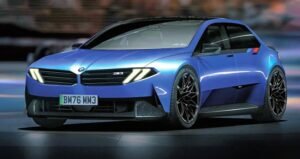
It appears like hydrogen motors can be the following enormous thing within the world of cars. Whereas electric vehicles (EVs) have been within the highlight for zero-emission endeavors, hydrogen-powered cars have been within the shadows.Electric vehicle companies point to rule the advertise by 2030, but hydrogen motors are getting a share presently.
Hydrogen cars are comparative to EVs but come with a cool highlight called a hydrogen fuel cell, which discharges as it were water vapor. #This gives them a unequivocal edge within the competition for the foremost eco-friendly ride.So distant, the Joined together States has seen approximately 2.5 million EVs hit the streets, but as of mid-2022, as it were around 15,000 hydrogen cars were cruising around, and theyre all in California.
Price Of BMW iX5
The BMW iX xDrive 40 encompasses a Suggest Retail Cost (RRP) of 69,000 and an On The Street Cost (OTR) of 69,905.
BMW Scheme To Roll Out Hydrogen-Powered Cars By 2025

Within the coming time of transportation, the center will be on quick execution, fast refueling, and eco-friendly alternatives. Hydrogen motors are developing as a potential game-changer within the car industry, adjusting with these needs.As it were a modest bunch of producers are effectively creating this innovation to guide the way in hydrogen-powered transport , and BMW is among them.Allowing to BMW CEO Oliver Zipse,
hydrogen motors are set to play a important role in different parts of the world within the long term.A hydrogen fuel-cell vehicle (HFCV) transport works with a engine alike to a battery-electric vehicle but worker a stack of fuel cells rather than a overwhelming battery.
These fuel cells together hydrogen (H2) with oxygen (O2) from the debate to create water vapor and produce electricity.In easier terms, fuel-cell vehicles are a sort of half breed called fuel-cell cross breed electric vehicles (FCHEV).Indeed in spite of the fact that hydrogen is the foremost copious component within the universe, its regularly not found in its immaculate frame and is frequently combined with other components.
Making unadulterated hydrogen for vehicles includes an energy-intensive prepare to break down compounds, more often than not inferred from fossil fills like common gas.Whereas hydrogen fuel-cell vehicles share likenesses with electric vehicles (EVs), they have special qualities that set them separated. Like their partners, hydrogen motors can be refueled rapidly and keep up a reliable driving extend in any case of temperature changes.
BMW iX5 Hydrogen

BMW is set to present the BMW iX5 Hydrogen, one of three hydrogen-powered vehicles hitting BMW dealerships in 2024.This eco-friendly SUV concept is outlined to lead electric versatility, centering on amazing execution. Assembly the driven targets for zero carbon outflows within the coming decades requires a assortment of renewable vitality sources to meet the developing request for zap by businesses, cities, and nations.Hydrogen is anticipated to play a pivotal part in forming this future.
Here are a few focal points of the BMW iX4 hydrogen
Highlight BMW iX5 HydrogenDrive Range 400+Refueling Check NegligibleFuel Innovation Fifth-generation fuel cell innovationDrive Electric engine (BMW eDrive)
Execution Best speed
115 mph, to 60 mph in 6 secondsBattery 400-volt battery over hydrogen motorsRun Roughly 313 miles
Comparison with EVs Comparable to beat EVs like Tesla Demonstrate Y Indeed in spite of the fact that the number of electric cars has quickly risen within the past three a long time, the Universal Vitality Office predicts that as it were 14% of vehicles will be electric by 2022. Besides, this figure is expected to extend by another 4% by the conclusion of 2023.
Theres a enormous chance for hydrogen cars to seize a share of the car advertise, which is as of now ruled by high-emission vehicles.Producers of hydrogen motors ought to keep in mind that there wont be one arrangement that fits everyones versatility needs around the world. So, within the future, we might see different elective driving frameworks coexisting.
FAQs
What is the BMW clarification on electric cars?By 2030, at slightest half of the BMW Groups worldwide transportation ought to be completely electric vehicles. Over the following ten a long time, we too arrange to put around 10-million all-electric vehicles on the street.
Why are electric cars stopped?EV deals abating, taking off an EV heap up on car parts. Heres why.EVs sit on the advertise an normal 82 days versus 64 days for gas-powered vehicles, it said. In reaction to abating request, automakers like Portage and GM are cutting generation. EVs are still as well costly for most individuals, indeed with government motivations, studies say.
Is BMW known for electrical issues?Electrical issues can happen in any make and demonstrate of car, counting BMWs. Be that as it may, its critical to note that BMWs are by and large considered to be solid vehicles and electrical issues are not especially common.
What is long-standing time arrange of BMW?BMW Bunch Uncovers Plans For Future; Scaled down And Rolls Royce To The Auto creator has moreover talked approximately BMW AGs arrange going into long haul. BMW plans to offer 10 million fully-electric vehicles universally by 2030. Smaller than expected as of now highlights the Scaled down Electric as portion of its electric line up.
Are electric cars coming up short?Electric cars are having more issues, but not since they Electric vehicles have 79% more issues than other vehicles, concurring to Customer Reports most recent yearly auto unwavering quality study. But the issue isnt truly since theyre electric, said Jake Fisher, executive of the groups auto testing center.
Conclusion
BMWs astounding choice to offered goodbye to electric cars marks a critical move within the companys methodology. The move raises questions almost the brands flexibility to the quickly changing car scene, particularly as other producers proceed to contribute intensely in electric vehicle innovation. Whereas financial variables and seen impediments of current electric vehicle innovation may have affected BMWs choice,
the brand presently faces the challenge of keeping up its advertise position and tending to potential concerns among ecologically cognizant buyers. The industry will be closely monitoring BMW travel because it navigates this unused way, and as it were time will tell in the event that this flight from electric cars demonstrates to be a successful vital move or a missed opportunity within the advancing world of economical transportation.

